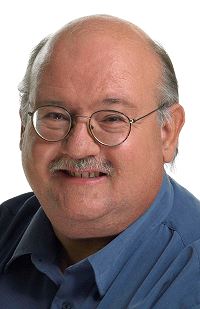A Disturbing Ending to a Perfectly Good Psalm
Psalm 104 is amazing for its praise of the God who has made it all and keeps it all going. Sure, there are discordant notes along the way. This isn't a Polyanna version of the world, as if there wasn't any pain, no injustice. It's clear that there are struggles and even that God himself determines how long we are going to be here.
Yet, it's basically a good psalm except for the last verse, which seems to blow the whole delicate balance between praise and concern all apart. Quite simply, it says:
Let all sinners vanish from the face of the earth;
let the wicked disappear forever.
As for me--I will praise the LORD!
Praise the LORD!
So, in the end, it's "Kill the sinners. Disappear the wicked. Then I'll praise the Lord." It seems so self-righteous and vindictive. So ungodly.
Actually, though, it may be the key to the whole psalm.
We've been reckoning with the fact that God's amazing provision for his creation is laced with disturbing notes of pain and death. The world has taken a long journey since the Garden of Eden. If the creation reflects what's happened to the human beings in it, then sin and wickedness (code words for rejection of God and the kind of selfish independence that's not far from the experience of any of us) are reflected in the violence that mars the glory this world could be experiencing in full.
Knowing what wickedness does as it spreads its influence and is reflected in the physical world, the psalmist doesn't take it on himself to smite the evildoers. He calls on God to deal with the wicked himself, thus to ease the pain of the rest of the world (though none of us is untouched by evil). The psalmist won't strike out at the wicked. Instead he will praise God despite the questions that must still haunt him. He will err on the side of trust. God can take care of the other part.

